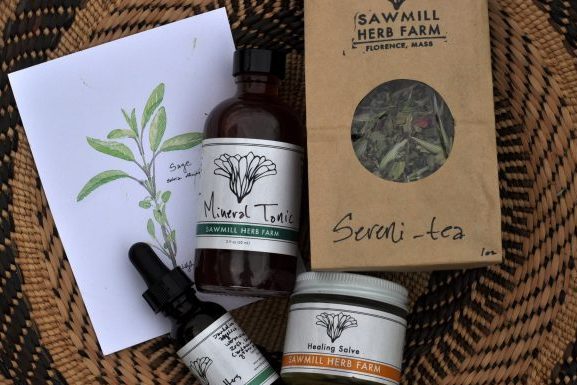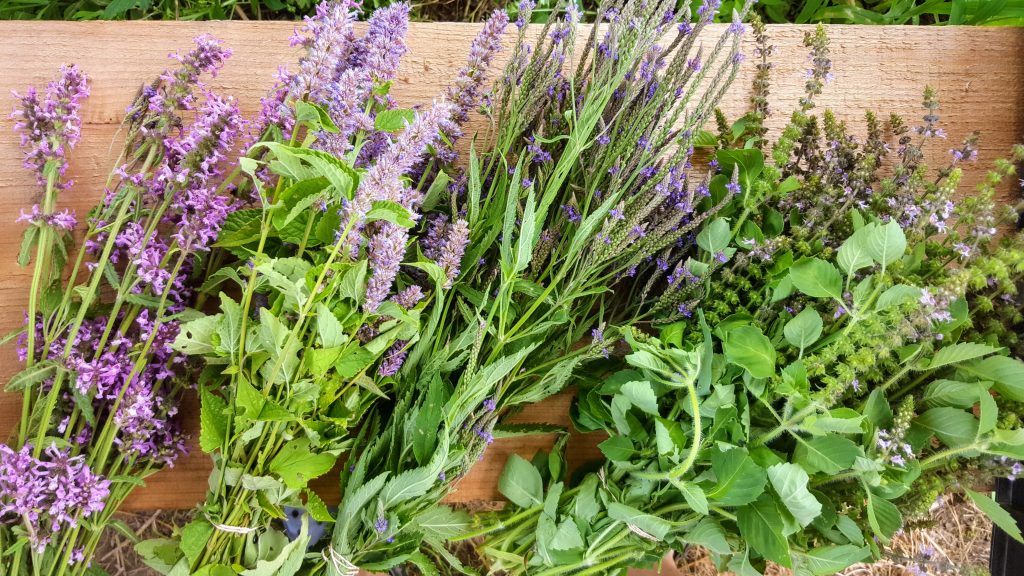Herb Profile: Valerian
Valerian, Valeriana officinalis

Preparations
Fresh root tincture of valerian is best as it preserves the volatile oils and, according to Matthew Becker, is more “tonic and less reactive” than preparations from the dried root. Matthew Wood recommends a dosage of 1-60 drops.
Valerian Tea Blend (from Rosemary Gladstar’s Herbal Recipes for Vibrant Health)
A hearty, relaxing tea for strengthening the nervous system. Valerian Tea Blend is one of the better-tasting valerian formulas.
1/2 part licorice root
2 parts lemon balm
1 part valerian root
Decoct the licorice root for 15 minutes. Turn off the heat and add the lemon balm and valerian root. Infuse for 45 minutes. Strain; drink as much and as often as needed.
Try this Valerian Mint Cordial as a before bed remedy.
And for some fermented fun try out this Valerian flower Mead recipe from Brittany Nickerson at Thyme Herbal.
Cautions/Contraindications
Valerian is considered safe however reactions are idiosyncratic. Valerian may cause symptoms it is meant to cure in some.
Disclaimer
The information on this page has not been approved by the FDA. Please consult your healthcare practitioner before using herbal products. We do not endorse the websites linked to in the resources and have not extensively reviewed all the information on external pages for accuracy. Everyone reacts differently to herbs and we do not attempt to be completely inclusive in the information and contraindications for each herb.
Shop our Apothecary and Nursery
-

Apothecary Products
Empower yourself with an apothecary that will nourish you in every season. All...
-

Nursery Products
Grow your garden. We grow certified organic herb, flower and vegetable starts...


